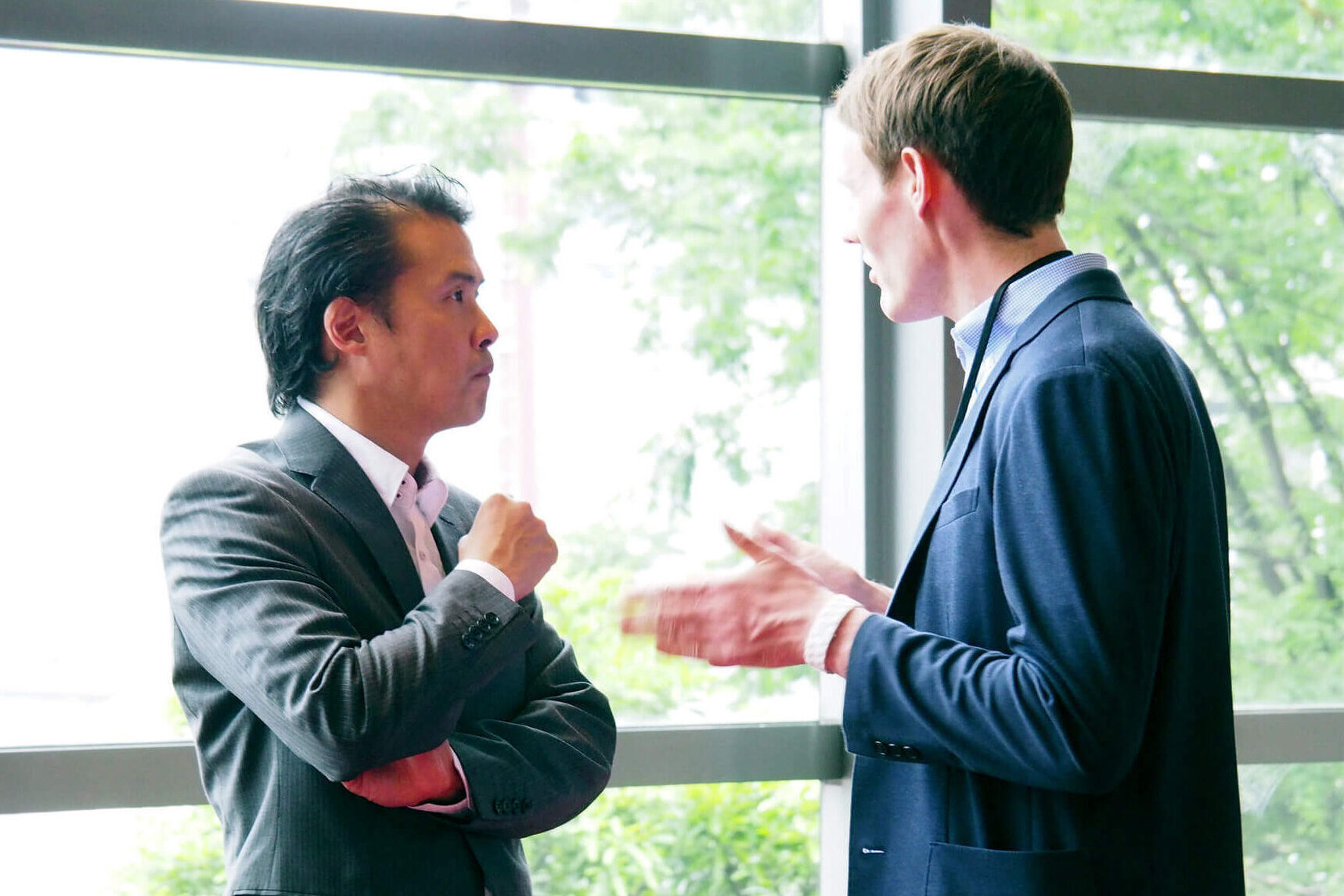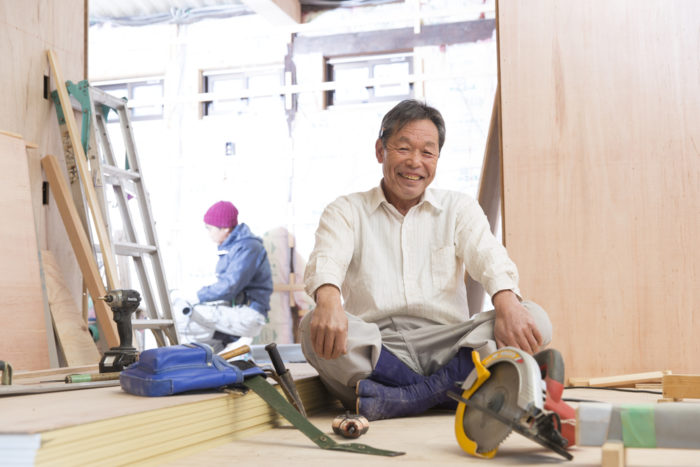
Last Updated: 12 Jun 2025 Hansei – apologizing Japanese style
When working with Japanese participants in my cross-cultural seminars, invariably I am asked questions like “Why do Americans make so many excuses?” and “Why don’t Americans admit what they have done wrong?” When Japanese ask these questions, what they mean is that Americans are not engaging in hansei. This is a term that is extremely difficult to translate into English. “Reflection on areas for improvement,” “self-criticism,” and “thinking about how one could have done better” are probably the closest. We don’t have a commonly-used, concise term for this in English because any hansei-ing we do tends to be a private matter, conducted in our heads. For Japanese, hansei is something done out loud, in groups.
For example, one of my Japanese friends works on an evening TV news program. Everyday, after the program is done, they all meet for a hansei-kai, a sort of post-mortem to pick apart any faults in that day’s program, in the interest of doing better the next time. For westerners, particularly Americans, who are focused on “accentuating the positive” and “looking on the bright side”, this kind of hansei activity can seem unduly negative. But Japanese see hansei as a critical step in any process.
What makes Japanese colleagues think that the Americans they are working with aren’t hansei-ing? It’s the absence of apologies in our speech. The oft-apologizing Japanese is something of a hackneyed stereotype, but the reality is that Japanese do indeed apologize extremely frequently. There are dozens of ways to say “I’m sorry” in Japanese, and they are all used liberally in Japanese conversations. For westerners, particularly legalistic Americans, an apology means saying that whatever happened was completely one’s fault. But for Japanese, an apology is more of a social smoother, an expression of recognition for the other person’s feelings or inconvenience.
In addition to lack of apologies, Japanese are also aggravated by what they perceive to be “making excuses.” In many cases, the westerner is not necessarily trying to make excuses, but instead is trying to explain the factors that caused the problem. But because this explanation process usually dwells on factors outside of one’s control, rather than on the areas one could have done better oneself (as would be the focus of hansei), it is perceived quite negatively by Japanese.
At one Japanese company, a sales division had turned in particularly poor results. The Japanese President called in the American division manager to discuss the situation with him. The American manager proceeded to explain all the extenuating factors that had caused the poor results, from the manufacturing division’s lack of responsiveness to problems with the distribution process. The more he explained, the more upset the President became, until finally he was shouting and ordered the division manager to leave his office.
What aggravated the Japanese president was the contrast from how a Japanese subordinate would have handled the situation. But due to the cultural difference it’s not reasonable to expect Americans to hansei in the same way as Japanese. So how to address problems and ensure improvement? I recommend using one of these questions: What can we do to avoid this problem in the future? How can we make sure this doesn’t happen again? How can we prevent a re-occurrence of this incident? These questions leave little room for “excuse” type discussion of extenuating circumstances, because they require a constructive response.
Related articles
The culture component and why it matters in management
Let me start with what might at first appear to be a personal story unrelated to cross-cultural mana
Purpose should come from within, but also from outside Japan HQ
Recently an HR director for a Japanese financial services company in Europe told me that he had been
(Video) So, What is Monozukuri Actually?
Monozukuri is one of those well-known and often used Japanese words among people from outside of Jap




